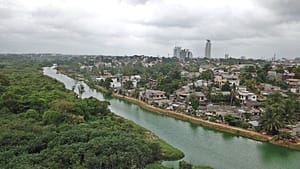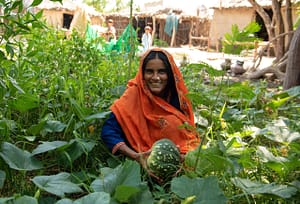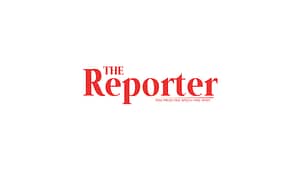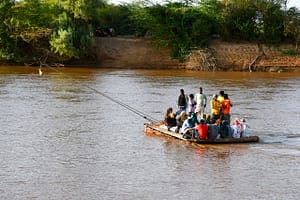by Steve Kumwenda
The International Water Management Institute (IWMI) and partners marked a significant step in groundwater resilience in the GEF-funded Groundwater for aDvancing Resilience in Africa (G4DR) project by hosting the initial technical meeting in Chikwawa, Malawi, bringing together Groundwater experts from Malawi & Mozambique to collaboratively conceptualise, the harmonised groundwater monitoring network co-designing process & data collection/ across the Shire Aquifer System, which is shared by Malawi and Mozambique. The technical meeting was attended by representatives from the Ministry of Water-Malawi, National Directorate for Water Resources Management (DNGRH), ARA Centro, WaterAid Malawi, GMS and Wellfield, with SADC-GMI joining online (Figure 1).

The overarching objective of the G4DR project is to enhance water security & resilience in Africa by unlocking the potential of sustainable groundwater development and protection through positioning groundwater at the forefront of water security and resilience planning and investment. The technical meeting also placed strong emphasis on equity & gender considerations by exploring how to integrate gender considerations into groundwater monitoring & management, recognising that access to and management of water resources are often influenced by gender roles.
The importance of the meeting, particularly for Mozambique, was highlighted by Hilario M. Pereira – Water Resources Manager; National Directorate for Water Resources Management under Ministry of Public Works, Housing and Water Resources of Republic of Mozambique, reflecting how “The meeting was very important especially for Mozambique who have not yet installed any groundwater monitoring network in the part of the Shire River Basin” and how the G4DR project will support the drilling of two new monitoring wells in the Mozambican Shire river basin side, on behalf of the Mozambican Government, which the government is happy to support and looking forward to peer-learning opportunities between them -Mozambique- Malawi on the groundwater monitoring network.
To complement the in-room discussions & to see practical examples of the existing groundwater monitoring network and monitoring practices (Figure 2), field visits were conducted in the Malawi portion of the Shire. The team visited key groundwater monitoring sites that included Chikwawa Post Office, Ngabu Water Office and Nsanje Water Office groundwater monitoring wells for first-hand experience on the existing groundwater monitoring practices (e.g., monitoring parameters & frequency). The Mozambican team expressed interest in replicating the design.

The G4DR team also held two focus group discussions in two communities in Chikwawa, meeting with women, young people, farmers, and local water committees to learn about their experiences with groundwater management (Figure 3). One notable challenge for women in the Paiva community, where the G4DR team visited, is the salinity problem, which either pushes the women to fetch water from unprotected surface water sources or travel a 2 km distance and queue for hours at a single borehole with fresh water.
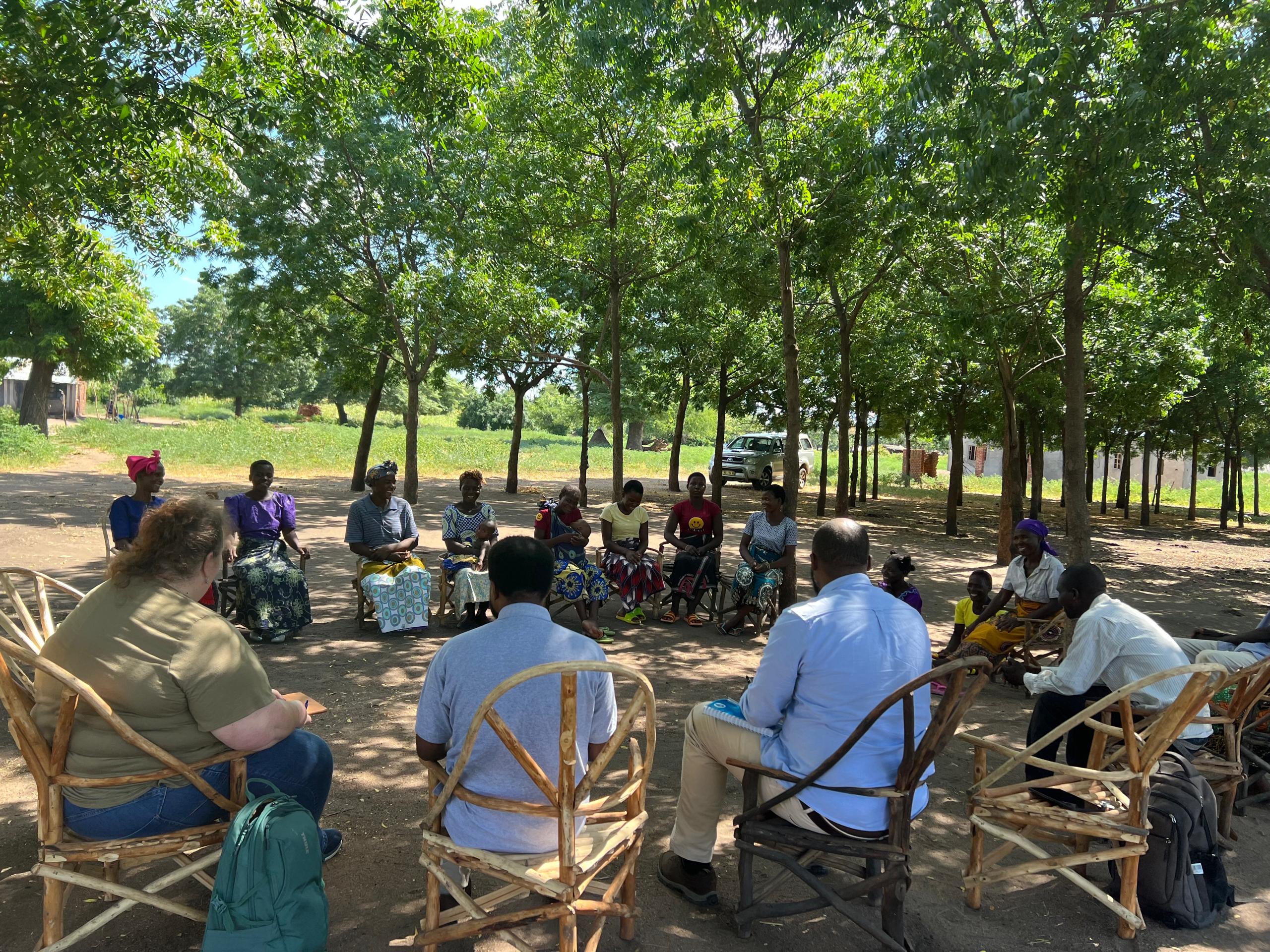
The technical meeting concluded with a set of key action points, namely:
- Convergence toward a harmonised groundwater monitoring approach: Participants agreed on the monitoring objectives, network design, and parameters (water level, temperature, electrical conductivity). They also identified key data sources to address remaining gaps.
- Agreement on Hydro Census Plan: The hydro-census aims to verify existing borehole conditions and identify suitable boreholes for the monitoring network. It also involves collecting other data crucial for a harmonised monitoring network design. During the technical meeting, participants selected July for the hydro-census and agreed to finalise the plan, incorporating feedback from the countries.
- Agreement on Validation Workshop timeline: The validation workshop date was set for November 2025 by mutual agreement among participants. This workshop aims to present the harmonised groundwater monitoring network and GESI assessment and subsequently gather feedback from various stakeholder groups in Malawi and Mozambique.
- Preliminary guidance on incorporation of GESI into transboundary groundwater management: Following implementation of Focus Group Discussions, recommendations for incorporating GESI into shared groundwater management were discussed in the technical meetings. These recommendations will be finalised in June and incorporated to strengthen activities going forward.
The technical meeting in Chikwawa marked a promising start in strengthening collaborative groundwater governance between Malawi and Mozambique. By aligning on a harmonised monitoring approach and integrating gender and social inclusion (GESI) from the outset, the G4DR project is setting a strong foundation for groundwater management in the Shire River Basin.





